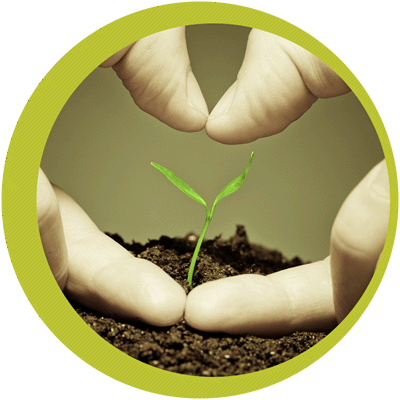Struggling with hopelessness
When we have hope, it is something that we may not even notice, but it is there in the background and fuels the belief that we have some control over the direction and content of our lives.
When we experience a sense of hopelessness, we realise how important a part it played in our day to day living. We can find ourselves feeling empty, powerless and miserable.
Loss of hope or hopelessness is the primary source of all emotional and psychological suffering. Therefore, the creation of hope is the central aim of all counselling and talking therapies.





